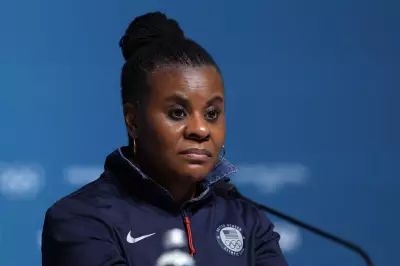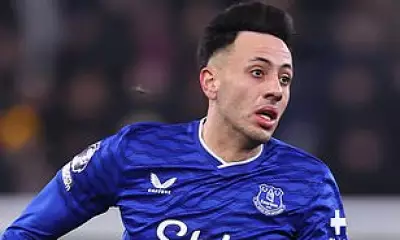
Billionaire Sir Jim Ratcliffe, the founder of INEOS, is reportedly exploring a potential investment in Arsenal, even as his bid to acquire Manchester United continues to dominate headlines. The move signals Ratcliffe's growing ambition in English football, with both Premier League giants now in his crosshairs.
According to sources, Ratcliffe has held preliminary discussions about purchasing a minority stake in Arsenal, though no formal offer has been made. The North London club, currently owned by Kroenke Sports & Entertainment, has seen its valuation soar in recent years, making any potential deal a high-stakes financial play.
Manchester United Still the Priority
Despite the Arsenal links, Ratcliffe's primary focus remains on securing a controlling stake in Manchester United. The Glazer family, United's current owners, have been in talks with multiple parties, including Ratcliffe and Qatari investors, over a possible sale.
INEOS has already made a significant impact in football, owning French club Nice and Swiss side Lausanne-Sport. Ratcliffe, a lifelong United fan, has publicly expressed his desire to restore the club to its former glory.
What This Means for Arsenal
Should Ratcliffe pursue a stake in Arsenal, it could signal a shift in the club's ownership structure. While majority owner Stan Kroenke has shown no intention of selling, a minority investment could provide additional funds for transfers and infrastructure.
The news comes as Arsenal enjoy a resurgence under manager Mikel Arteta, currently competing at the top of the Premier League table. Any new investment would likely aim to sustain this momentum.
Premier League's Changing Landscape
Ratcliffe's potential dual interest highlights the increasing global appeal of Premier League clubs. With American, Middle Eastern, and now British industrialists vying for stakes, England's top flight continues to attract unprecedented investment.
Football finance experts suggest this could be the start of a new era of cross-club ownership in English football, though Premier League rules may complicate such arrangements.





